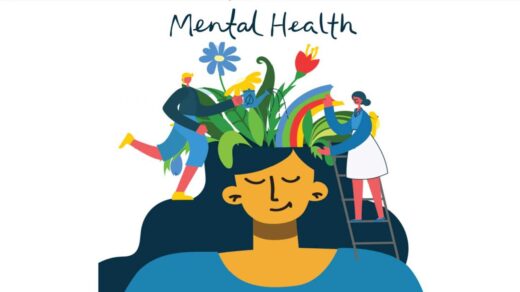
The fall semester is kicking into high gear, which means it is time to hit the books. The fall semester will be over before you know it, and for many rising juniors and seniors, this means some of the last chances to get in GPA improvements and preparations for standardized tests.
Growth in both skills and test scores is essential for many students as they prepare for college. It can be challenging for teachers to deliver high-quality instruction that engages students and helps raise both.
For students with learning differences, this is the point in the semester when things can become more challenging. Before your child feels totally overwhelmed by the weight of assignments and understanding complex concepts, it is important to consider tutoring that is designed for those with learning differences.
The Benefits of Tutoring for Those with Learning Differences
1) Developing Foundational Skills
One of the factors to consider in designing a student’s academic tutoring plan is the student’s mastery of foundational skills. Tutoring can help a student to close any gaps in previous skills and gain confidence in their ability to master new ones.
2) Establishing Confidence
Children with learning difficulties gain confidence in their abilities via one-on-one and small-group tutoring sessions. These kinds of tutoring initiatives foster a secure, stress-free setting where kids may confidently and enthusiastically acquire the essential academic skill sets.
Confidence is worth its weight in gold for all children, but especially those with learning differences. Our tutoring programs are designed to help kids build the confidence that will lead them to academic excellence and a sense of personal accomplishment.
3) Gaining Comfort with Educators
Children feel more at ease with their learning strategies when working with instructors who are aware of their specific requirements. Additionally, tutoring for special education students helps them modify their method of learning. These sessions also provide students with a better grasp of who they are and how their minds work.
Children gain confidence to be able to seek assistance when they need it. Additionally, they may more effectively promote instructional and testing techniques to enhance their experiences with lifetime learning.
4) Increased Motivation for Learning
Staying motivated can be a particular challenge for these students, who often have a history of academic experiences that are frustrating or disappointing and which generate negative associations and trigger neurological stress responses that can prevent deeper learning.
A compassionate tutor focused on their unique learning style and individual growth can help students with learning differences and test anxiety to access their abilities and create a positive learning experience.
5) Decreasing Testing Anxiety
Students’ anxiety throughout these processes can be reduced if they have access to methods that they can utilize when confronted with unexpected questions or significant changes in test-taking procedures. Teenagers may approach significant examinations like the SAT with confidence and a sense of readiness with the help of special education tutoring.
6) Individual Attention and Efficiency
In contrast to a regular classroom, tutoring for learning disabilities places more emphasis on the student’s learning styles than just the subject matter. We use highly qualified, seasoned instructors who are adept at adapting their teaching strategies to suit a range of learning difficulties and concentrate on the most pressing problems.
7) Relief for Parents
As parents, we tend to spend every waking hour trying to make sure our children have every opportunity for success. If your child is experiencing stress and frustration in their academic lives, you may feel at a loss about what to do for them. Academic tutoring for students with learning differences can bring relief to struggling parents.



